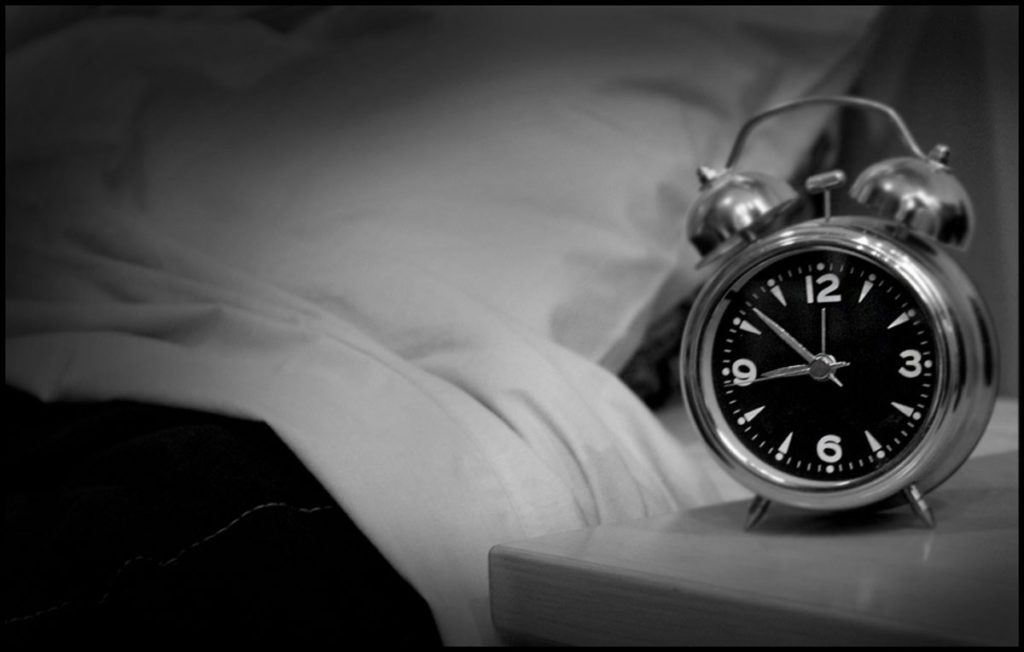-
Pingback: Blue Light Affects Your Sleep. True Story | Ohio Sleep Treatment
Sleep Hygiene Dos and Don’ts
Sleep doesn’t begin and end in bed. Our decisions throughout the day have the ability to affect our sleep later in the night. Everything from the food we eat to the activities we participate in can affect our sleepiness at snoozing time. Sleep hygiene continues to be an area of interest for patients and clinicians. This “practice” or “routine” prior sleep can make a positive impact. Examine this list of sleep hygiene dos and don’ts that foster better night’s sleep.
DO:
1) Create a bedtime schedule
- It’s best to go to bed and wake up at the same time each day. This allows your brain to predict behavior and cue your body to wind-down or wake-up.
2) Use your bed for sleep and sex only
- This goes back to the cues that you’re giving your body. When the bed has associations with paying bills, watching TV, or working on a laptop it is harder for our brains to ‘shut-down’ for the night.
3) Get out of the house and enjoy the sun
- When we enjoy the sun and daytime activities it allows our body to rest better later in the evening
4) Create a sleep sanctuary
- Your bedroom should be a sleep sanctuary! Soft lighting, quiet, and cozy. When the bedroom is gone of visual and audio stimulants it allows our bodies to restore and refresh for the next day.
DON’T:
1) Use electronics in bed
- It’s tempting to check emails or social media before we go to bed but this is a horrible habit to get into. This often gets our brain into task mode and the blue light from electronic screens can affect our ability to fall asleep.
2) Drink coffee, tea, or soda
- What do these all have in common? You guessed it, caffeine! We all have different sensitivities to caffeine but avoid consuming any caffeinated beverages after 12 pm.
3) Drink alcohol before bedtime
- A night-cap can help you fall asleep faster, however, it often results in increased in snoring and waking up later in the night.
4) Exercise too close to bedtime
- It’s important to our overall health that we exercise regularly. However, it is best to exercise in the morning or afternoon so that our bodies have time to wind down for bedtime.
5) Take Long Naps
- Naps can be an effective tool in giving us a boost for that second half of the day, but they shouldn’t be used too close to bedtime or last longer than 20-30 minutes.
Put these into practice, along with our sleep journal, to improve your sleep hygiene. This list is not a foolproof cure for everyone but it’s a good place to start as you refine your sleep hygiene, leaving you feeling rested and ready for the day! Below is a checklist that you can use to keep yourself on track. Don’t forget to share how you’re doing and what tips you might have for others in the comment section below!
While it is important to practice good sleep hygiene, proper treatment is critical if a sleep disorder is present. Unsure if you are at risk for a sleep disorder, like obstructive sleep apnea? Take the quick 8-question STOP-Bang questionnaire here! Ready to “Sleep Like You Mean It”? Schedule your FREE consultation today!
Thanks for reading “Sleep Hygiene Dos and Don’ts”. Please share your comments and feedback below.



